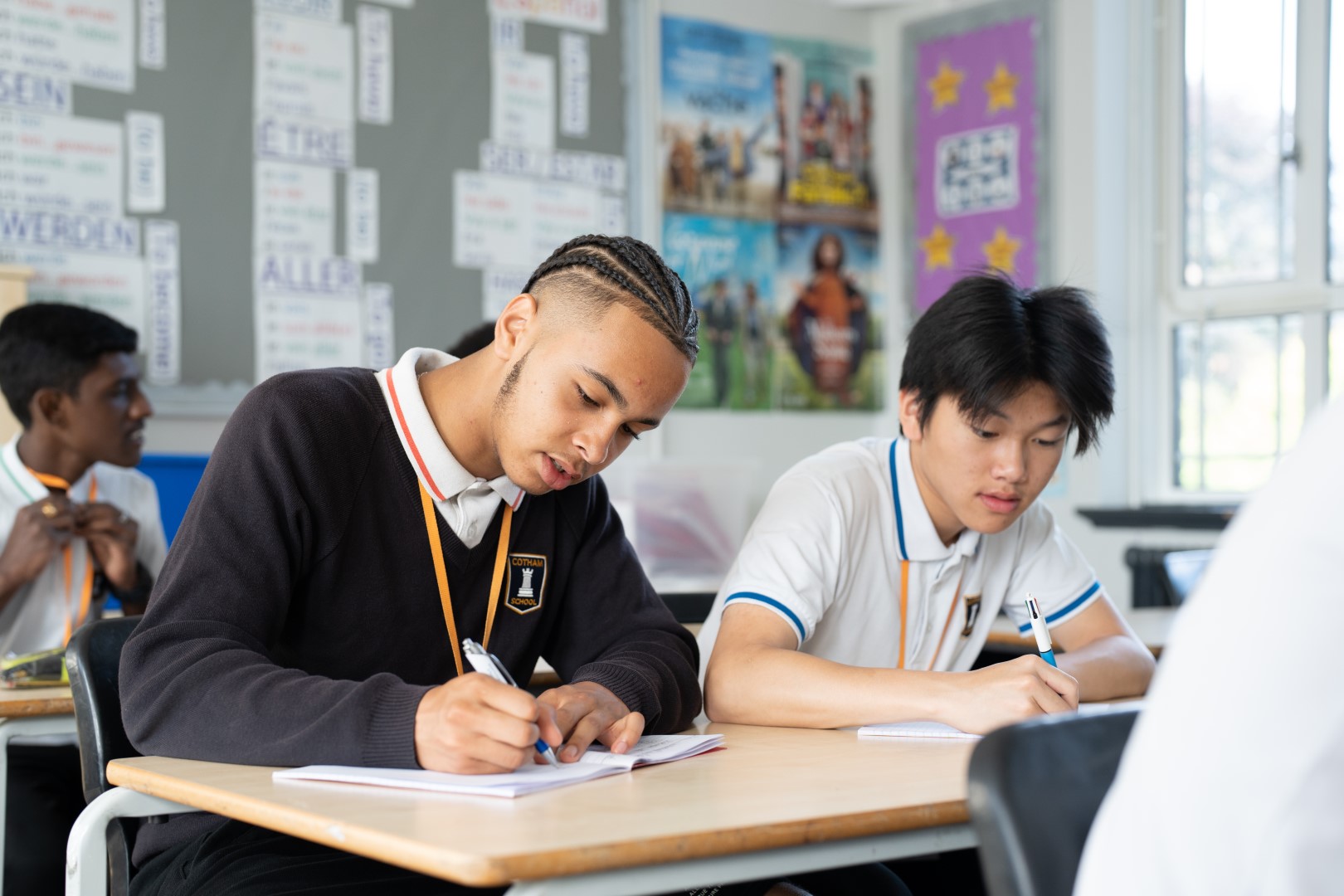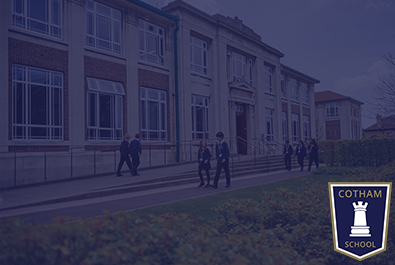Spiritual, Moral and Cultural Development
What is SMSC?
SMSC stands for Spiritual, Moral, Social and Cultural education. It is not an individually taught subject, but an educational requirement on the curriculum that all schools have.
Our vision is to develop individuals who are open-minded, reflective, and respectful of diverse beliefs and values. They will embrace the joy of learning, using their imagination and creativity to explore new ideas. They will possess a strong moral compass, understanding the difference between right and wrong and accepting the consequences of their actions. They will demonstrate empathy and appreciation for different perspectives on moral and ethical issues.
These individuals will be skilled in social interactions, valuing and working effectively with people from various backgrounds. They will actively contribute to communities, engaging in volunteering and conflict resolution. They will uphold the fundamental British values of democracy, rule of law, liberty, and respect.
Our vision includes fostering cultural appreciation, celebrating the richness of heritage and diversity. They will recognize shared values across communities and have knowledge of Britain's democratic system. They will enthusiastically participate in artistic, musical, and cultural opportunities. They will also demonstrate genuine interest in exploring different faiths and cultures, respecting and celebrating diversity locally, nationally, and globally.
Through this vision, we aim to shape individuals who positively contribute to modern Britain and engage meaningfully with a diverse and interconnected world.
How is SMSC implemented at Cotham School?
Teaching of SMSC is a whole school approach and not just an individual subject. Therefore, SMSC the PSHE curriculum is covered in school in many different ways including:
Spiritual, Moral,Social and Cultural in Personal, Social, Health and Education
Spiritual, Moral,Social and Cultural in Religion, Ethics and Philosophy
SMSC Across Subject Areas
|
Assembly Programme |
Extracurricular |
||
Each subject links to a separate document with its subject audit
SMSC and British Values
British values are values which underpin what it is to be a citizen in a modern and diverse Britain. It is important that schools promote these values so students are able to participate fully in British life and so we can create strong communities free from intolerance, prejudice and hate.
The fundamental British values are Democracy; the Rule of Law; Respect & Tolerance for different cultures and beliefs; Individual Liberty.
Cotham School is proud of the diversity of its students and staff. In promoting British values, we aim to:
- Enable students to develop their self-knowledge, self-esteem and self-confidence.
- Enable students to distinguish right from wrong and to respect the civil and criminal law of England.
- Encourage students to accept responsibility for their behaviour, show initiative and to understand how they can contribute positively to the lives of those locally and more widely.
- Encourage students to acquire a broad knowledge of and respect for public institutions in England. To acquire a respect for the ‘precious individual liberties’ enjoyed by the British.
- Enable students to acquire an appreciation of and respect for their own and other cultures.
- Encourage respect for democracy and support for participation in the democratic process.
- At Cotham We ensure that students gain a comprehensive spiritual, moral, social and moral education through whole school activities and throughout the curriculum.

